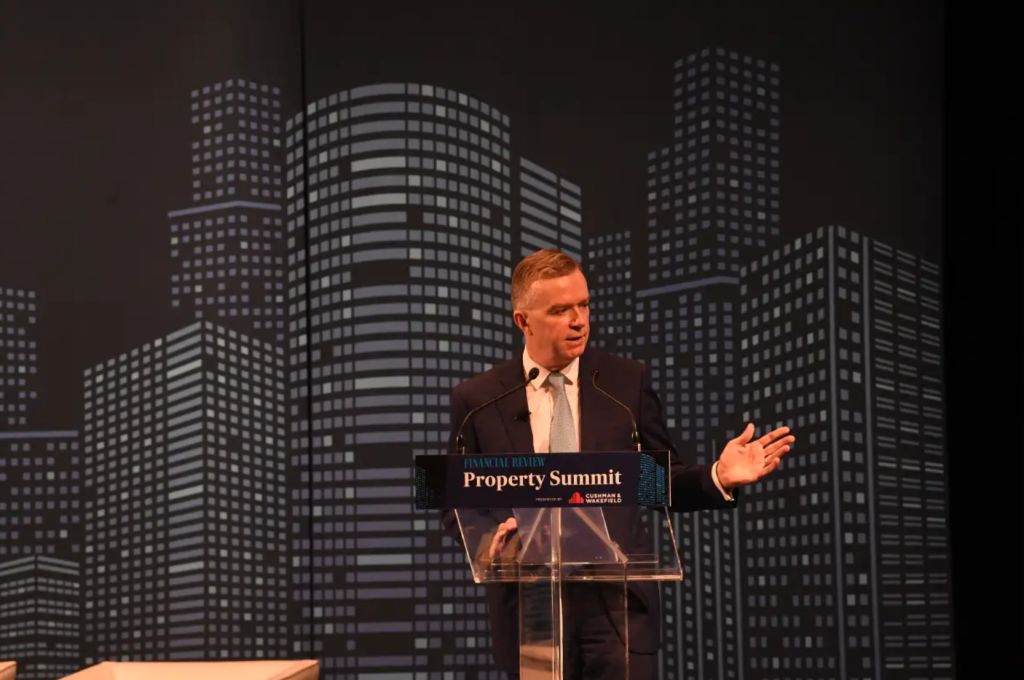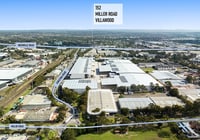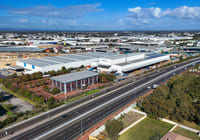
Super funds' swelling capital fuels buy-out bias
The pressure to invest super funds’ ever-rising pools of capital increases the likelihood they will turn their sights on publicly listed property trusts to take them private, according to market watchers.
Real estate investment trusts (REITs) becoming vulnerable to privatisation dominated discussion at this week’s Financial Review Property Summit and has struck a chord subsequently, although some analysts suggest a side-step into funds management may prove a safe haven for property companies.
Following Wednesday’s summit, Pendal Group portfolio manager Julia Forrest said the privatisation of underperforming REITs was “inevitable” and that the market’s under-valuation of assets would be “resolved” through buy-outs by opportunistic super funds.
“There is an under-allocation by domestic super funds [to real assets] which is why they have already moved on infrastructure. Every week super contributions come in, and this is growing (and will continue to grow) with the lift in the super guarantee contribution.
“It must be getting harder to allocate that cash into bonds. Buying physical assets, particularly if they can buy them below replacement cost makes a lot of sense.
“It’s difficult to get set in the physical market. One way for them [super funds] to allocate would be to privatise REIT assets.
“The investment horizon for private real estate is longer versus for a REIT which has to deliver updates every three months as a public vehicle. Given real estate is by its nature a long duration asset this also favours private capital.”
The summit heard from both sides of the equation this week, with chief executives of major listed players including Charter Hall’s David Harrison, Dexus’ Darren Steinberg and Lendlease’s Tony Lombardo warning that stock trading at a discount to net tangible asset values could spark buy-outs.
Bevan Towning, head of property at AustralianSuper – the powerhouse has joined other super funds in a $32 billion buyout of Sydney Airport – told the summit that the lower cost of capital in private markets gave those players an advantage over publicly listed companies.
“I think there will be examples in the real estate space in the next three years.”
The point was reinforced was by Tim Church, chairman of investment banking for Australia at Morgan Stanley, who noted that a number of major REITs are trading at discounts.
“Make no mistake, we’re going to be seeing a lot more Bevan [Towning] up on stage announcing what he’s bought on behalf of AustralianSuper,” he said.
“This theme is not going away and their thematic is often ‘we prefer unlisted to listed’.”
Jefferies analyst Sholto Maconochie was less persuaded by the thesis, however, saying that major super fund players might prefer instead to partner with fund managers.
“My view is that some REITs are not that cheap at the moment and if they are they in asset classes that are unlikely to attract pension capital (given current asset weightings),” he said on Thursday.
“You may see it [public trusts taken private] but only if there were massive discounts, as there have been in some of the US/UK/EU REIT market for malls, for example, then it could happen.
“My view is that the passive super fund money would prefer to partner with companies to buy assets as GIC has done today with SCA Property Group.”











